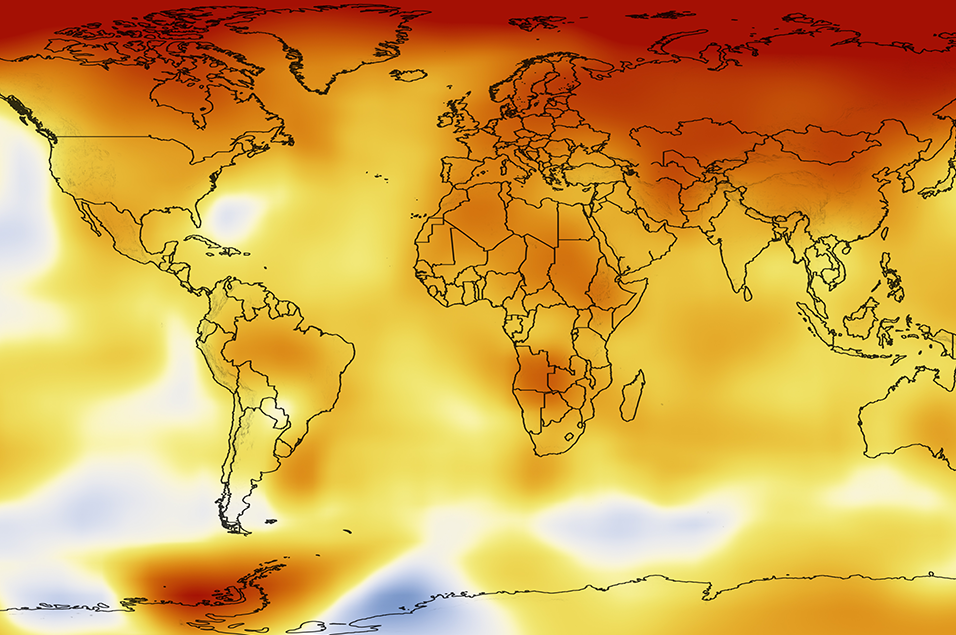As a Republican of 40 years, it is not only painful and deeply troubling to witness how dramatically divisions have cut into the fabric of our country, but how fellow moderate, pragmatic Republicans have caved in to the ideological hard-right. Given what has become an all too common tendency among so many of us to stridently lurch to support or denigrate Trump, perhaps it would be worthwhile to take a step back and ask ourselves: “What does it mean to be a Republican?” What are the core values we stand for, and let those values guide our judgments, words and votes on the policies and people leading us.
Continue reading “WHAT DOES IT MEAN TO BE A REPUBLICAN?”EDUCATION IS THE KEY
Freedom, a cornerstone of our heritage, who we are as people, and how we live out our lives, provides us with not only the blessing of being able to choose our religion and speak our mind, it also opens up before us the frequently daunting challenge of choosing where to invest our time, talent and treasure. As our homes, cars and other things beg our attention and beckon us to invest in them, let me suggest that we continue to keep the opportunity to invest in the education of the young people in our community foremost in our minds. Daily we witness on TV, and read about, stories of racial tensions, drug abuse, crime, under-employment, income inequality, poverty, and poor health care, and are tempted to despairingly ask: “When is this going to end?” Let me suggest that there is a key capable of substantially turning around all of these and that is investing in education. While our “leaders” in Washington remain engrossed in their ongoing political brawls, locally we can meaningfully brighten the future of the children of our community and our community at large by supporting education in any and every way we can.
REPUBLICAN TAX REFORM
As a conservative and a Republican for over 40 years, I’m compelled to testify, without political motive, and with the best interest of our country and people at heart, that the current Republican tax plan is extremely disappointing. It is disappointing because while it purports to reform the tax code, stimulate economic growth, and help the American people, it does little more than provide a handout to those that are already wealthy. It is a Trump led con, supported by Republican “leaders” desperately seeking a “win”, who have forgotten their compassionate conservative roots and given in to enriching wealthy friends and maintaining a narrow base they’ve conned into believing their pitch. This tax bill will add to the deficit, stoke inflation, raise interest rates, result in 13 million people losing their health insurance, put additional upward pressure on health insurance premiums for the rest of us, and ignore the very real constraints to the economy and the long term needs of our country.
REPUBLICAN SUCCESS IN HEALTHCARE LEGISLATION
Kudos to President Trump and House Republicans who had the tenacity to push thru healthcare legislation to the detriment of the vast majority of the American people. Kudos to our President and House Republicans who were able to turn a blind eye to the healthcare needs of the people, stayed focused on their political war with Democrats, and lend an extra helping handout to the very rich and the bottom line of businesses. Kudos to Trump and House Republicans who successfully exercised their loathing of Obamacare to not only undermine it, but merrily applauded their success in approving a plan that will kick tens of millions of people off their healthcare insurance and diminish the healthcare policies of the rest of us. Kudos to “leaders” who managed to muster the callousness to vote for the House healthcare bill knowing that it will substantially raise premiums for the vast majority of older people as well as push those with serious pre-existing conditions into health insurance pools that won’t be financially viable.
Continue reading “REPUBLICAN SUCCESS IN HEALTHCARE LEGISLATION”
“AMERICA FIRST”
President Trump, during his inaugural speech, reiterated with great confidence the underlying themes of his campaign: “Make America Great Again” and “America First!” While these apparently made for an appealing campaign pitch and many voters seem to believe this is how America ought to be governed, they immediately struck me as some of the most troubling and dangerous things a now sitting President could say, let alone say so stridently. “Make America Great Again” and “America First” are troubling and dangerous foundations for policy because they are backward looking, selfish, counter-productive, and demonstrate a withdrawal from the moral, economic and military leadership role America has in the world.
EXPLORING WASTE-TO-ENERGY SOLUTIONS
Speech before Sustainability Seminar at University of Mount Union:
Good evening ladies and gentlemen and welcome to our 2nd Sustainability Seminar. This seminar focuses on Energy Efficiency and Waste-to-Energy Solutions. Tonight we have three top speakers, who will not only discuss their success stories in the areas of reducing energy consumption and waste-to-energy solutions, but will dispel the common misconception that reducing greenhouse gas emissions increases costs. Quite to the contrary, I think you’ll find time and again, that reducing energy consumption and costs, and reducing greenhouse gas emissions go hand and hand. I and the other speakers are not so naïve as to suggest that you do what is not in your economic best interests. Irrespective of what you believe or don’t believe about global warming, I submit to you that opportunities abound to reduce energy consumption and costs, and companies that focus and capitalize on those opportunities will enhance their competitive advantage and sustain improved short and long term profitability.
IRAN, THE ECONOMY AND GLOBAL WARMING
If America and Americans want to contain the influence of Iran, improve the health of our economy, and retard growth in global warming, we have at hand a silver bullet that can simultaneously accomplish all three: reduce fuel consumption, particularly gasoline. With a few minor adjustments to our driving habits, we can put more pressure on the Iranian government than another aircraft carrier battle group, we can reduce our burgeoning trade deficit and the upward pressure it exerts on interest rates, and we can turn the corner on reducing greenhouse gas emissions.
ENERGY PARADIGM SHIFT ESSENTIAL
While most Americans struggle with high gas prices at the pump, and worry about what it will cost to heat their homes this winter, America seems to be going nowhere fast in addressing its energy problems. Unfortunately, a number of political leaders are advocating increasing refining capacity, giving out billions in home heating subsidies and creating a mileage tax. While these solutions may seem helpful, they’re headed in the wrong direction because they focus on maintaining consumption or constraining transportation. A paradigm shift which focuses on significantly incentifying the conservation of energy is essential to addressing America’s energy, economic and environmental challenges. Incrementally increasing energy supplies, while generally helpful, will be consumed by our growing economy and will not reduce America’s massive oil import needs. If Washington, as well as the states, would raise taxes on energy, particularly gasoline, and offset that with a decrease in individual and corporate income taxes, Americans would be no worse off in terms of total taxes, but we would all have a strong incentive to further reduce energy consumption. Our tradition in America of taxing income in effect restrains growth. What we really need to restrain is the consumption of energy which significantly contributes to pollution, global warming, and our nation’s growing trade deficit. Clearly, if ever there were an example of an appropriate use of tax policy to promote national goals, increasing taxes on energy consumption would be it.
REDUCE AMERICA’S OIL DEPENDENCE NOW
While our leaders in Washington seem to believe there’s little they can do to reduce America’s dependence on foreign oil in the short term, there are in fact a number of things they can do, but it will require some creativity and a healthy dose of political courage.
TAX OIL, NOT WORK
While our leaders in Washington seem to believe there’s little they can do to reduce America’s dependence on foreign oil in the short term, there are in fact a number of things they can do, but it will require some creativity and a healthy dose of political courage. For example, if the President Bush and Congress would raise taxes on gasoline, and offset that tax increase with a decrease in income taxes, American’s would be no worse off in terms of their total tax bills, but we would have some pretty strong incentive to reduce our consumption of fuel. If those taxes were scheduled to gradually increase every year, perhaps by 5% per year, while also reducing income taxes by an equivalent amount, Americans and American businesses would have the incentive and a vision for their need to reduce fuel and energy consumption. Our leaders in Washington suggest that technology and increasing domestic supplies of energy are the key to energy independence. However, real reductions in America’s energy dependency, as well, as reducing pollution and global warming, are tied to reducing our consumption of energy, particularly fuel for cars and trucks.










